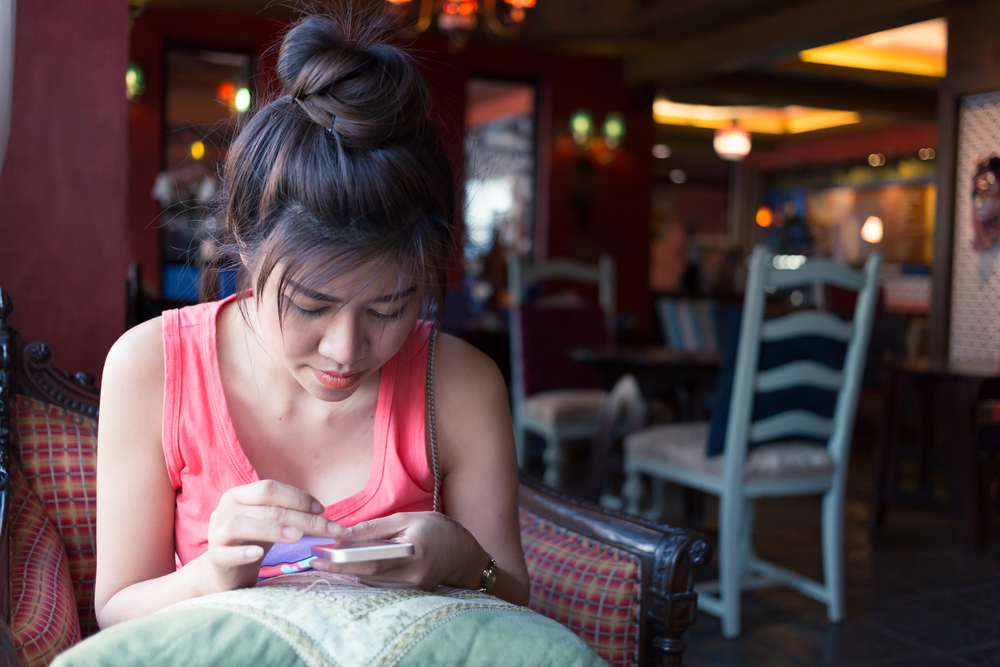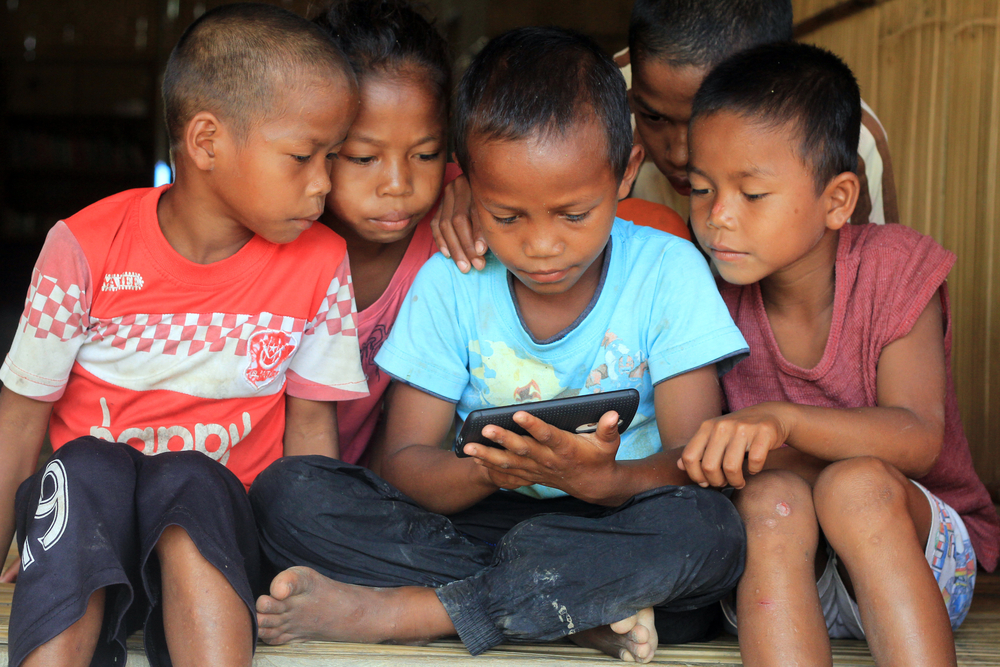No longer is being ‘tagged’ something that happens only on the playground. Group Editor of our holding company The Expat Group, Chad Merchant, takes a look at the harsh realities of growing up in a world dominated by social media and subsequently finds himself glad that his own teen years were wrapped up in the ’80s.
Is social media ruining our society? It’s a question that’s getting asked more and more frequently. And increasingly, it’s going beyond the average person bemoaning the fact that their dinner companion has his or her face glued to a smartphone. Surveys and statistics are beginning to reveal some disturbing trends, particularly with regard to teens and young adults. Today’s kids live in a world that for their entire lives has been one permeated by technology and social media.
If you think many of your adult friends are addicted to their various devices, today’s kids are on a different scale entirely. CNN recently joined with child/adolescent development experts for a long-term study about today’s teens and found that a shocking number of 13-year olds check their social media feeds (such as Facebook, Twitter, Snapchat, and Instagram) over 100 times a day.
Surprised? You shouldn’t be. Studies show that over 90% of today’s teens have used social media and 75% of them have profiles on social networking sites. Think back – really think back – to your own adolescence. Remember the various challenges of secondary school, in particular. The popularity pressure, the struggle to fit in and find your “group,” academic stresses, dating insecurities, and the judgmental nature of peers. Now, imagine all those same dynamics in play today, accelerated and intensified because of social media.
One teen in the study reported being devastated because friends had done things without her and posted the photos to Instagram. Many reported feeling bad when they saw Snapchat photos or tweets from a party to which they hadn’t been invited. All teens have felt the stigma of being excluded or not fitting in, but today’s teens have to do it in an always-on, socially networked pressure cooker.
Social media affords near-constant opportunities for kids to see parties they weren’t invited to, hear about things they’re not a part of, or be alerted to friends having fun without them. And lest you think these are uncommon occurrences, remember that even moderate users of social media check their feeds dozens of times a day.

There is almost no way for kids today to avoid the social media hurricane. And according to the CNN report, the phenomenon propels an even greater social disparity. The best analogy is a financial model under which the rich get richer and the poor get poorer. “Popular, attractive, high-status youth seem to excel in the art of social media, and they use it adeptly to create their identities, build their brands, and expand their numbers of friends and followers,” the study stated. “These teens post pictures and comments that immediately result in positive reinforcement from the peer group in the form of likes, comments, and retweets.”
By contrast, less socially secure teenagers, those who feel out of place, lonely, or anxious, are far less likely to employ social media and more likely to “lurk” – viewing the online posts of others, but seldom engaging. And an unhappy cycle results:
Nearly half of the teens in the study said that they had felt excluded seeing social media posts from others, and more distressingly, over a third said they had themselves posted to social media in ways they knew would make others feel excluded.
It’s a difficult task for parents, not least because most of them simply aren’t aware almost home of the magnitude of the problem. CNN reported that 60%of parents underestimate how lonely, worried, or depressed their own children were feeling, and 94% underestimated the amount of fighting and harassment that takes place in the digital domain. Monitoring everything kids say and do on social media is simply not feasible for parents, and of course, teens should have a degree of privacy and be allowed to grow and experience life on their own in any case. But parents need to provide guidance, and this is where experts say the best impact can be made.
The biggest help is being actively involved in your kids’ lives. Sign up for the same social media accounts they’re on. Far beyond monitoring, this can give parents a sense of how the apps work and how they impact people. One mother said that after she began to study social media and post more often, she realised how excited she would be to get “likes” on her comments and photos. “It [was] really reinforcing to a middle-aged mother, so think how it feels to a young person,” she said. “Parents need to get on these platforms.”
Encourage kids to put down their phones from time to time and do other things, too. Many teens actually find that they are happier when they’re not plugged in constantly. One teen in the study agrees, saying, “A lot of kids are going to be like, ‘Mom’s talking gibberish. I can totally multitask,’ and that’s what I thought until I put my phone away and I’m the happiest person I could be right now.”
To learn more about the study referenced, visit cnn.com/specials/us/being13.
This article was originally published in The Expat magazine (September 2016) which is available online or in print via a free subscription.
"ExpatGo welcomes and encourages comments, input, and divergent opinions. However, we kindly request that you use suitable language in your comments, and refrain from any sort of personal attack, hate speech, or disparaging rhetoric. Comments not in line with this are subject to removal from the site. "


















